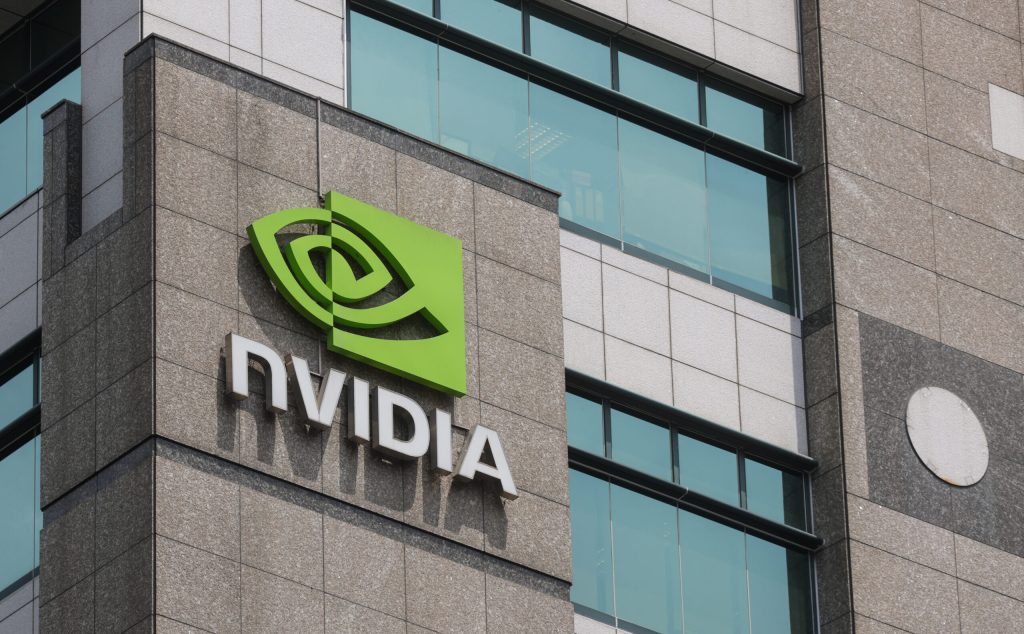On Monday, gaming peripheral company Razer announced that it acquired the software and part of the team behind Ouya, which infamously raised $8.5 million through crowdfunding in 2012 to build an Android-based microconsole. It was a desperate move for the struggling small console maker—and now some indie developers who worked on Ouya games say they’re being screwed by the acquisition.
Multiple independent developers who wish to remain anonymous have told Motherboard that contracts they had originally signed with Ouya, which promised to pay them thousands of dollars, will not be honored as a result of the acquisition.
Videos by VICE
We’re avoiding specific numbers here to protect the identity of the developers, but payments they say they’re owed range between $5,000 and $30,000.
It started as a mutually beneficial relationship. In July 2013, as an attempt to support independent developers and increase the number of exclusive games on Ouya that might attract more customers, Ouya announced the Free the Games Fund. It set $1 million aside to double whatever money an independent developer raised for his game on Kickstarter in exchange for making that game exclusive to Ouya for a minimum of six months.
“Claiming Ouya no longer exists as a company to get out of funding commitments just stinks.”
The campaign had its issues from the start—developers were able to manipulate the program by funding their own Kickstarters—but the terms were later updated so if a developer, for example, had enough backers, raised $100,000, and agreed to Ouya’s exclusivity terms, he or she would get another $100,000 from the company to make the game even better.
When developers first started the Free the Games Fund process, they had to agree to the “OUYA ‘FREE THE GAMES FUND’ OFFICIAL RULES.” They said that developers would get 50 percent of the money when they completed a playable, beta version that demonstrated the finished product, 25 percent when the game launched, and the final 25 percent at the end of the exclusivity period.
Earlier this year, as some developers were launching their beta builds, they were asked to sign a contract that mostly matched the original rules, but added section “8.3. Termination Upon Bankruptcy or Insolvency.” The contract, which was provided to Motherboard, states that either party may terminate the agreement in the event that the other party becomes insolvent, unable to pay its debts, or goes bankrupt.
As the terms of Ouya’s acquisition were being finalized, Ouya notified these developers via Skype voice calls that they will not get the rest of the money they were owed because Ouya will cease to exist as a company following the Razer acquisition. One developer suggested the company wanted to avoid saying this in writing.
“[Ouya] paid the first installment when we submitted our beta,” one developer told Motherboard via email. “I’ve been working on bringing the game to release expecting to attain the remaining two installments but that won’t happen now. A lot of hard work went into controller support and UI elements just for OUYA. It’s hard to ask for additional artwork to finish a game when the tail end of your budget just disappears, much less advertise upon release.”
The developer said that the Ouya suggested its new parent company Razer might be able to help, but that he hasn’t heard from Razer yet.
“A change like this can also have knock on effects,” another developer said. “I’ve already emailed the musician I’m contracting about probable audio budget cuts, as that’s the main area I’m going to have to make cuts, but the musician has so far not replied to me, so it’s affecting my business relationships too.”
Ouya “gently requested” that developers don’t take the news to the press, another developer said.
“Claiming Ouya no longer exists as a company to get out of funding commitments, while continuing to use the name in the announcements today as if they still are a company that exists, or that they’ve somehow transformed the company into a product or service, just stinks,” a third developer said. “I think Razer will have trouble ahead if this is the level of respect they continue to show indie devs.”
Razer acquired the software, technical team, and developer relations personnel behind Ouya, but notably not the console or controller itself. No terms of the deal were disclosed. Razer said the acquisition is meant to bolster Razer’s own microconsole, the Forge TV, and its accompanying software known as Cortex TV.
UPDATE: A Razer spokesperson told Motherboard that Ouya’s Free the Games initiative was not part of the acquisition. The main asset Razer acquired was the Android store, while many of the other original Ouya assets (as noted in the story below) such as the hardware and other programs were not part of the acquisition.
The spokesperson added that the “new Ouya,” which is what Razer is calling its nascent Android publishing arm, will encourage developers to contact them, so they can continue to publish and distribute their games. However, the spokesperson gave no indication that Razer will make good on the rest of the payments developers were promised by the Free the Games Fund.
When asked specifically about Free the Games, a public relations representative for Razer directed Motherboard to Julie Uhrman, the former CEO of Ouya who was not part of the acquisition. Uhrman could not immediately be reached for comment.
Update 7/28: We changed the pull quote in this article because the original lacked context included in the full quote in the article itself. We also added a statement from Razer.



